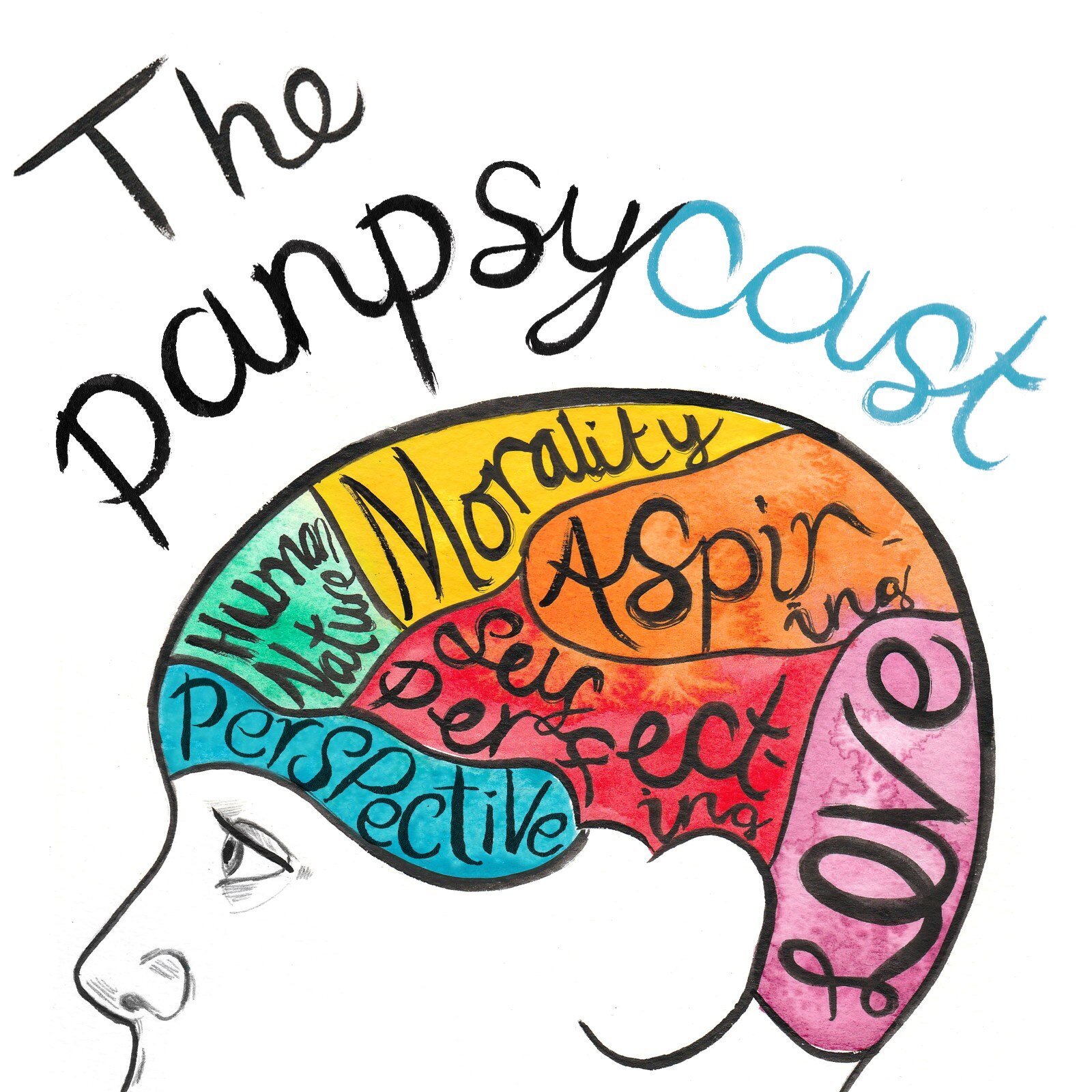Welcome to 'Episode 84 (Part II of II)’ where we’ll be discussing the origins of our moral intuitions with Patricia Churchland.
Resting on our shoulders is the most complex object in the known universe: 86 billion neurons, each connected to 10,000 others. From Plato to Descartes, to the modern-day, philosophers have largely been ignorant of the workings of the brain, despite many questions in philosophy seeming to be intimately linked with its nature. Questions like: What are the origins of our moral intuitions, our conscience? What is the nature of decision-making? And how does the brain produce consciousness?
Following the recent upsurge of interest and research into neuroscience (reaching full steam in the 1970s), Patricia Churchland describes the emergence of neurophilosophy as ‘inevitable’, coining the term in her now classic book, Neurophilosophy: Toward a Unified Science of the Mind-Brain in 1986. Alongside Neurophilosophy, Patricia Churchland is best known for her books Touching a Nerve, Braintrust, and most recently Conscience, which (together with hundreds of other publications, interviews, public talks, and awards) have led her to be considered one of, if not the, world’s leading neurophilosopher.
Currently Professor Emerita in Philosophy at the University of California, San Diego, Patricia Churchland has knocked down the wall between science and philosophy, inspiring a new wave of thinking about life’s most challenging questions.
For some, however, the wall was there for a reason: questions of philosophy should not be confused with questions of science. After all, what can neuroscience tell us about the origin of consciousness or the nature of morality? Our topics for this episode...
The file size is large, please be patient whilst the podcast buffers/downloads/hornswoggles you into a humdingerContents
Part I. The Hornswoggle Problem
Part II. The Conscience

